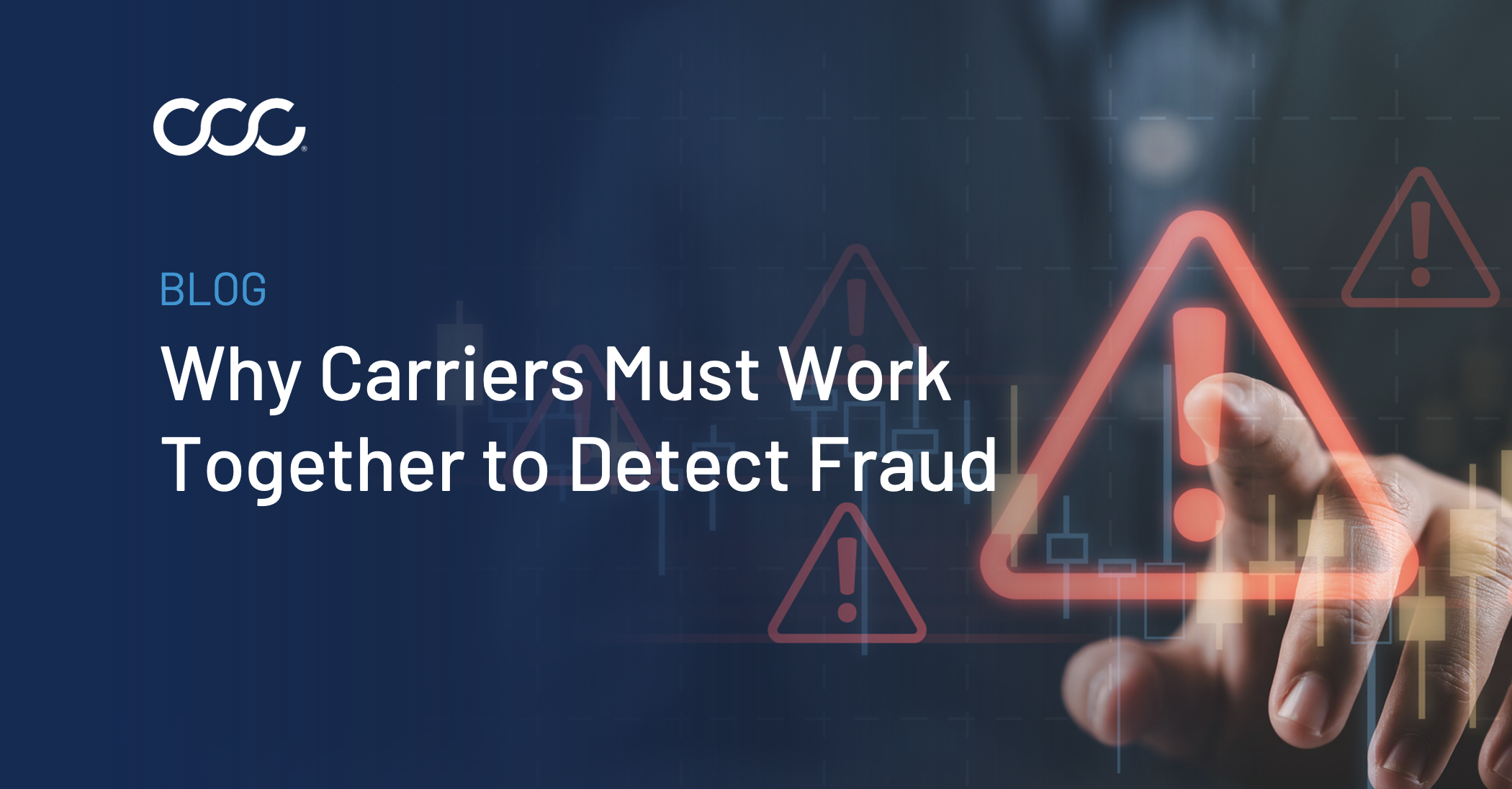As of February 2021, there are 215 million drivers that carry car insurance in the U.S., which means there are roughly 32 million uninsured drivers. This means around 13 percent of drivers in the US do not carry auto insurance. Five states report 20 percent or more drivers are uninsured; Florida reports the highest amount at approximately 26 percent. According to Blumenshine Law Group, “Uninsured motorists are 72 percent more likely to be in an accident than those who are insured.”

Successful recovery from uninsured drivers is not only difficult but also time-consuming. However, it is not impossible. There are typically two ways to recover from uninsured drivers, file a lien against the defendant’s property, or set up a payment plan. Because the uninsured driver is not likely to respond to phone calls or letters to negotiate a payment plan, the most effective collection tool is suspending the defendant’s drivers' license. This can increase the chances of getting the defendant into entering a payment.
Typically, license suspensions will last until the other driver pays the full amount of the judgment, or you reach an installment payment agreement; the driver files bankruptcy; or if the judgment order is not renewed by the courts.
Before requesting a license suspension, you must check the requirements for the jurisdiction. Each state has distinct guidelines regarding the timeframe for making the request, specific forms may be required, and not all states allow for a suspension if it is the driver’s first offense for driving without insurance.
It is important to note that there is only one state where car insurance is not mandatory: New Hampshire. Also, depending on the liability, you may be barred from recovery or only entitled to a portion of the damages.
Of course, another option is filing suit; however, that typically means throwing good money after bad. The most common reason for a person to be uninsured is a lack of financial security or poverty. You must be confident there are assets to pursue. Several vendors offer asset searches that range in price and details. There should be one to fit your needs.
It is also important to inform the insured that they may be legally barred from signing any contracts that waive the uninsured driver’s responsibility if they are found to be at fault.
Most importantly, do not just push uninsured claims aside. If you do the work and take the time, they can pay off, as well as keep the insured's premium down. As even if the accident was not your insured's fault, their rates may still increase.
As of February 2021, there are 215 million drivers that carry car insurance in the U.S., which means there are roughly 32 million uninsured drivers. This means around 13 percent of drivers in the US do not carry auto insurance. Five states report 20 percent or more drivers are uninsured; Florida reports the highest amount at approximately 26 percent. According to Blumenshine Law Group, “Uninsured motorists are 72 percent more likely to be in an accident than those who are insured.”

Successful recovery from uninsured drivers is not only difficult but also time-consuming. However, it is not impossible. There are typically two ways to recover from uninsured drivers, file a lien against the defendant’s property, or set up a payment plan. Because the uninsured driver is not likely to respond to phone calls or letters to negotiate a payment plan, the most effective collection tool is suspending the defendant’s drivers' license. This can increase the chances of getting the defendant into entering a payment.
Typically, license suspensions will last until the other driver pays the full amount of the judgment, or you reach an installment payment agreement; the driver files bankruptcy; or if the judgment order is not renewed by the courts.
Before requesting a license suspension, you must check the requirements for the jurisdiction. Each state has distinct guidelines regarding the timeframe for making the request, specific forms may be required, and not all states allow for a suspension if it is the driver’s first offense for driving without insurance.
It is important to note that there is only one state where car insurance is not mandatory: New Hampshire. Also, depending on the liability, you may be barred from recovery or only entitled to a portion of the damages.
Of course, another option is filing suit; however, that typically means throwing good money after bad. The most common reason for a person to be uninsured is a lack of financial security or poverty. You must be confident there are assets to pursue. Several vendors offer asset searches that range in price and details. There should be one to fit your needs.
It is also important to inform the insured that they may be legally barred from signing any contracts that waive the uninsured driver’s responsibility if they are found to be at fault.
Most importantly, do not just push uninsured claims aside. If you do the work and take the time, they can pay off, as well as keep the insured's premium down. As even if the accident was not your insured's fault, their rates may still increase.







